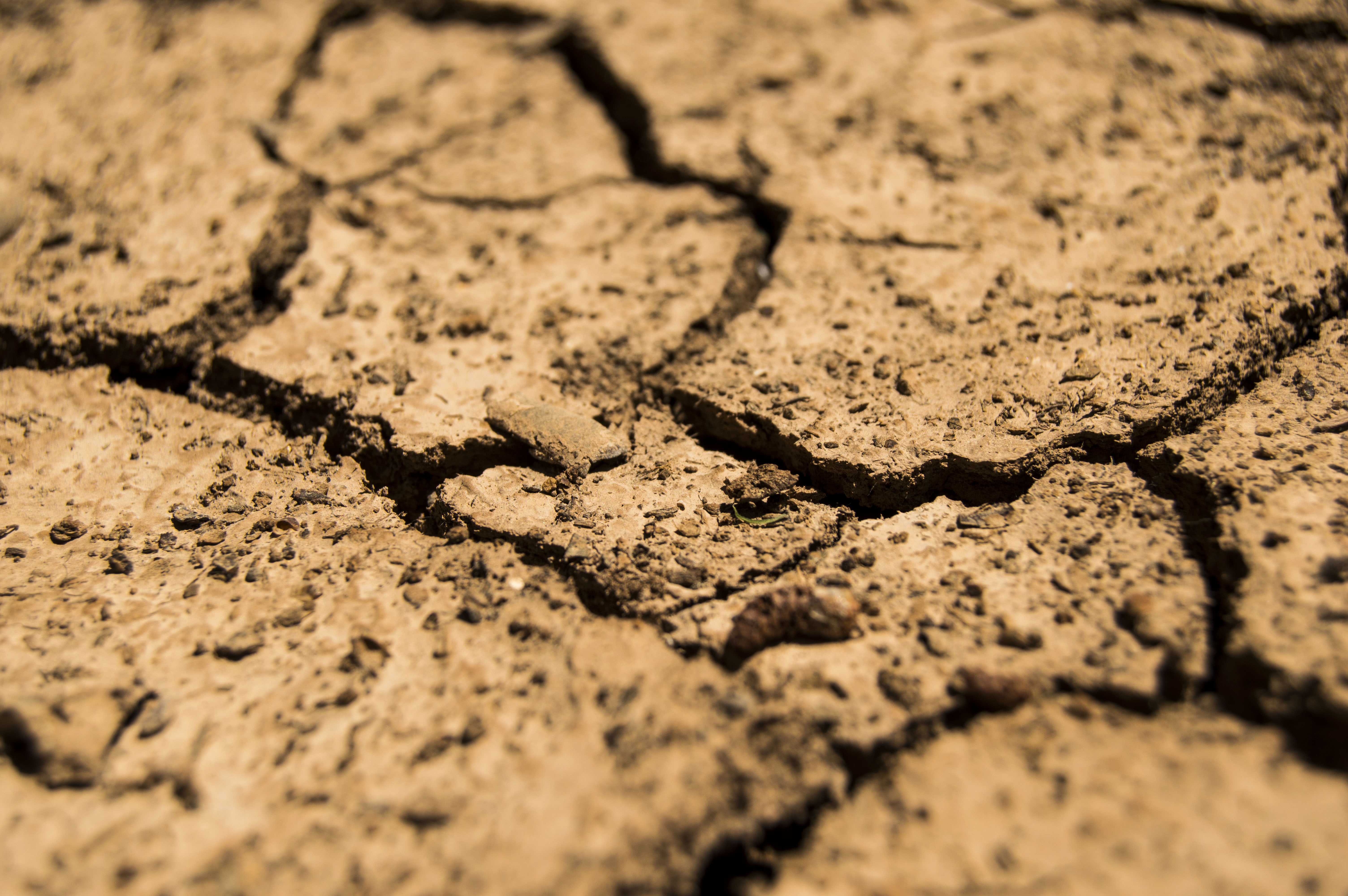
04 Nov Chronic Dehydration Treatment
 Chronic dehydration is one of the more insidious and shared maladies that busy people deal with on a day to day basis. It is easy for you to lose track of how much water you drink or how hard you have been working out especially if you are a busy urbanite living in places like Los Angeles. What follows are a few causes of chronic dehydration and a few ways to combat the condition.
Chronic dehydration is one of the more insidious and shared maladies that busy people deal with on a day to day basis. It is easy for you to lose track of how much water you drink or how hard you have been working out especially if you are a busy urbanite living in places like Los Angeles. What follows are a few causes of chronic dehydration and a few ways to combat the condition.
Prescription Medications

Some prescriptions have surprising side effects as some are diuretics, which increase the rate of urination and consequently the chance of dehydration. This fact means that those taking medication like blood pressure pills are at risk of suffering from chronic dehydration. You should also be aware that drugs listing diarrhea or vomiting as possible side effects can also contribute to chronic dehydration. Having an awareness of the side effects of your prescription drugs can help you modulate your fluid intake.
Stress
When people experience stress, their adrenal glands push out large amounts of stress hormones. This means that individuals who are constantly under pressure suffer from exhausted adrenal glands that underperform. As a result, their bodies produce less of the hormone aldosterone, a hormone that regulates fluid and electrolyte levels. Consequently, adrenal fatigue begins to set in and the body’s production of aldosterone falls, causing dehydration. Increasing fluid intake through drinking or IV hydration can offer short-term relief, but reducing stress is essential.
Your Workout
Most people don’t think that post-workout hydration is important as they are not professional or endurance athletes. However, any amount of rigorous exercise that makes you break a sweat leads to the need for substantial rehydration. And, as the weeks added up and you go under hydrated for long periods the dehydration becomes chronic. When you weigh yourself after a long workout, you will notice a significant amount of water weight lost, so doctors suggest drinking 16 to 20 ounces of water for every pound lost.
Dry Skin
One of the often underappreciated consequences of chronic dehydration involves the skin. After having undergone a lot of sweating the later stages of dehydration involves developing dry skin. The skin, as a result of dehydration, loses its elasticity and consequently remains “tented” when pinched, as it fails to return to form.
Muscle Cramps
Dehydration is a well-known cause of muscle cramps, especially for active people who reside in hot weather. Those who live in Southern California are aware that life in a warmer climate makes them more likely to get muscle cramps especially if you are suffering from chronic dehydration. Both heat and dehydration cause our muscles to work hard, and the result is our whole biological system overheating leading to an increased demand for hydration.
Chronic Dehydration Treatment
To combat chronic dehydration, significant steps must be taken to imbibe substantial amounts of fluids containing electrolytes essential dissolved salts that counteract the effects of inadequate hydration. Losing electrolytes, like sodium and potassium is a common cause of muscle cramping. To treat this condition, methods such as regular weekly IV hydration treatments are recommended in severe cases. In more moderate circumstances the mere oral ingestion of fluids or monthly IV hydration should be sufficient. Doctors often recommend IV rehydration when people begin to feel sick and start to experience conditions like vomiting, diarrhea, and a fever as a result of dehydration.



